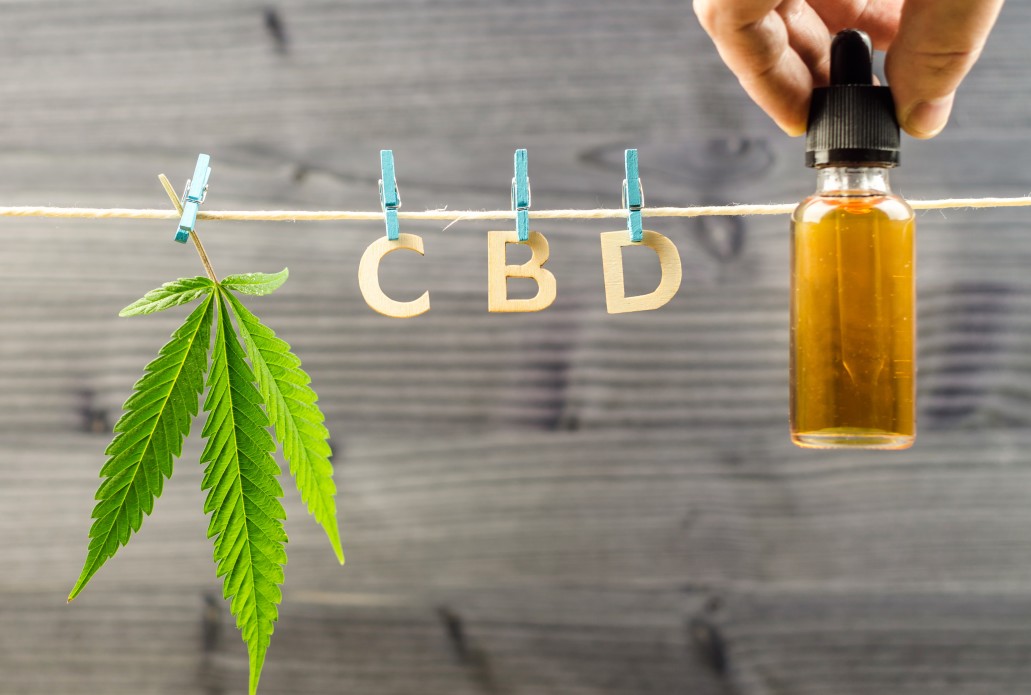Before we go on with the article you must not rely on the information on our website as an alternative to medical advice from your doctor or other professional healthcare provider.
On with the article
CBD has been used as a medicine in many cultures for thousands of years. So, how can it help you?
Many consumers today are looking for safer alternatives to prescription drugs and their often harsh side effects. CBD has been proven to provide relief from many chronic conditions without any harmful side effects.

cbd image
Let’s take a closer look at just a few ways CBD could help improve the quality of your life:
Chronic Pain
CBD creates anti-inflammatory and pain-relieving effects that quickly help with pain management.
It’s been studied in relation with reducing cancer pain, neuropathic pain, fibromyalgia, arthritis, migraines, and other body pain, particularly back and neck pain.
Anxiety Management
CBD interacts with distinct receptors found mostly in the central nervous system and peripheral nervous system.
While the exact way CBD interacts isn’t quite known, it’s believed that it may alter serotonin signals which is a neurotransmitter that plays an important role in your overall mental health.
Low serotonin levels have been directly associated with depression and anxiety. The National Institute on Drug Abuse reports that CBD has been shown to reduce stress in rats, which means it could be used for Generalized Anxiety Disorder (GAD).
Inflammation
Inflammation is a natural response to injury. Chronic inflammation is a prolonged response that can negatively impact tissues and organs.
Chronic inflammation is found with many diseases and disorders, like Crohn’s disease, cancer, ulcerative colitis, asthma, and diabetes.
A 2015 review in Bioorganic and Medicinal Chemistry found that CBD reduces inflammation through several pathways in the body and occurs relatively quickly.
Depression
CBD is thought to interact with special receptors found mostly in the central nervous system (CB!) and peripheral nervous system (CB2).
A 2014 study found CBD produced an antidepressant and anti-anxiety effect, and a 2018 review found that CBD can reduce stress if the depression is stress related.
Autoimmune Diseases
Autoimmune disorders are where the body’s immune system gets mixed up and thinks its own cells are the invaders.
Then, it goes to work attacking different areas of the body as if they were diseased. CBD has been shown to have anti-inflammatory effects, so it may help with autoimmune disorders.
Metabolic Syndrome (diabetes or obesity)
Diabetes is an inflammatory condition and CBD has been shown to have anti-inflammatory effects.
A 2016 study, published in Clinical Hemorheology and Microcirculation, found that CBD-treated mice showed a reduction in pancreatic inflammation and developed diabetes later than mice who didn’t receive the compound.
They also showed a reduction in immune-cell activity, which can cause inflammation. CBD has shown promise in lowering insulin resistance and moderating blood sugar in people with Type 2 diabetes who are not taking insulin.
Neuropsychiatric Illness (alcoholism, PTSD)
A 2019 review of several studies found that CBD potentially showed anti-psychotic and anxiolytic properties. It was also shown to reduce the addictive effects of many common drugs.
Several recent studies have shown that CBD can help with Post-Traumatic Stress Disorder (PTSD) symptoms like nightmares and replaying negative memories.
These studies looked at CBD as a stand-alone treatment and along with traditional medication or cognitive behavioral therapy.
Cardiovascular Dysfunction (arrhythmia, atherosclerosis)
CBD’s anti-inflammatory effects may be able to reduce some of the risks of cardiovascular disorder like high blood pressure.
In a 2009 study, CBD did reduce the blood pressure of rats exposed to a stressful stimulus. In 2017, a study showed reduced blood pressure in people compared with a placebo.
Skin Disorders (acne, dermatitis, psoriasis)
Topical CBD also reduces oil production, provides moisture to the skin, and may relieve pain and itching.
These products are also showing encouraging results in pain relief caused by certain skin disorders.
CBD also has proven neuroprotective effects, meaning that it protects your nervous cells and system.
Several academic research centers are now investigating CBD’s anti-cancer effects.
